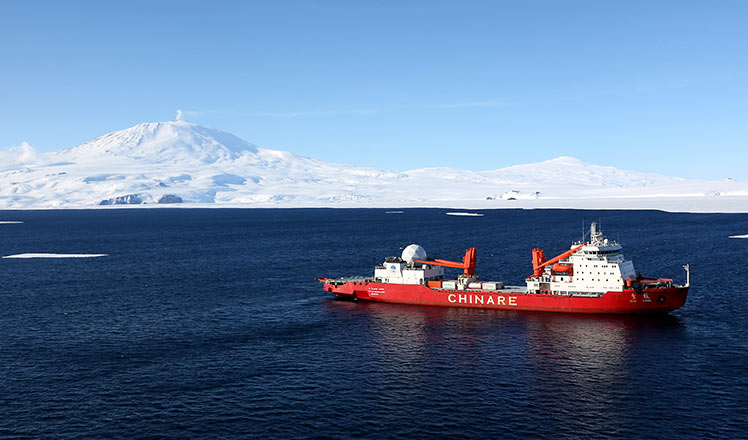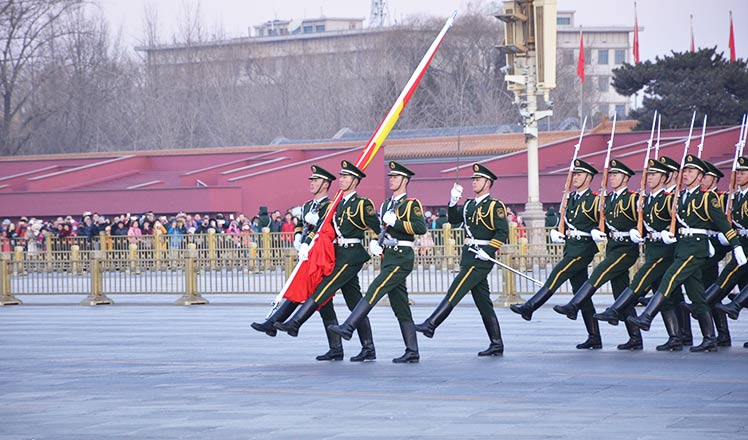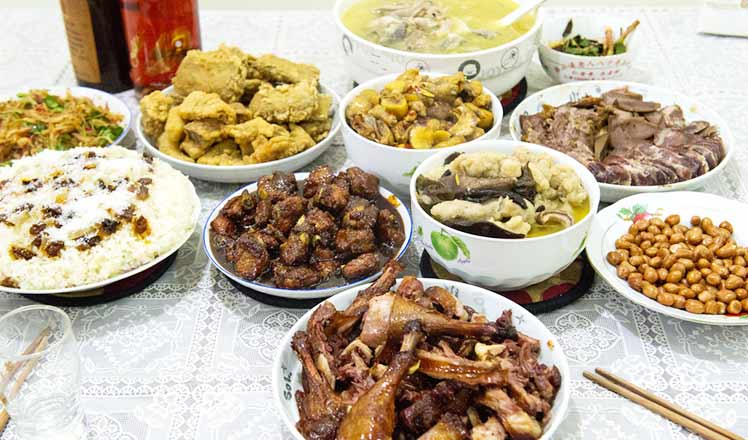Chinese FM's visit to Africa attests to strong China-Africa ties
Updated: 2016-02-08 05:18
(Xinhua)
|
||||||||
The Chinese government also rolled out about 900 assistance programs in Africa covering agriculture, health, education and other fields and offered training to over 30,000 local people since 2012.
The Chinese economy may be slowing down in its industrial and manufacturing sectors, but the growth in its consumption and services sector is still adequate to push growth in African countries which depend on trade with China, said Jonathan Stichbury from Pine Bridge Investments, a financial services advisory and wealth management firm in Nairobi, Kenya.
IMPLEMENT OUTCOMES OF JOHANNESBURG SUMMIT
During his visit, Wang met leaders and foreign ministers in those four countries to discuss how to implement the outcomes of the Johannesburg Summit of the Forum on China-Africa Cooperation (FOCAC), and to align priority cooperation areas and projects.
At the FOCAC summit in Johannesburg in December 2015, Chinese President Xi Jinping announced the establishment of 10 major plans for China-Africa cooperation to help Africa accelerate industrialization and agricultural modernization, and strengthen infrastructure.
Xi also pledged to provide 60 billion dollars in financial assistance to Africa, including 10 billion dollars for a China-Africa production capacity cooperation fund.
These plans address the urgent needs of Africa and are consistent with the direction of African countries' development, Wang said in Malawi.
The 60-billion-dollar Chinese pledge for multi-faceted cooperation with Africa over the next three years is a major growth driver for Africa, Stichbury said.
Leaders of the four African countries, speaking highly of the 10 major plans proposed by President Xi, expressed their willingness to participate in the plans to strengthen bilateral cooperation, Wang told reporters in Windhoek, Namibia after wrapping up his visit.
The overall goal of the plans is to help Africa accelerate its industrialization and realize diversified development to enhance its capacity for self-development, so that the continent would no longer be affected by the fluctuation in international commodity prices, he said.
- General strike against pension reform brings Greece to standstill
- Madrid airport sounds alarm after bomb threat on Saudi plane
- Obama proposes new oil tax to fund clean transportation
- UN special envoy announces temporary pause of intra-Syrian talks
- Taliban kill 10-year-old hailed as militia hero
- Obama slams anti-Muslim rhetoric during first visit to US mosque

 Xi Jinping grieves over Taiwan quake, vows aid
Xi Jinping grieves over Taiwan quake, vows aid
 Flash mob in monkey costumes appears in NYC to mark Chinese New Year
Flash mob in monkey costumes appears in NYC to mark Chinese New Year
 China's icebreaker 'Snow Dragon' reaches Ross Sea in Antarctica
China's icebreaker 'Snow Dragon' reaches Ross Sea in Antarctica
 Practice makes perfect for flag party on eve of Year of the Monkey
Practice makes perfect for flag party on eve of Year of the Monkey
 Spring Festival Eve dinners around China
Spring Festival Eve dinners around China
 Seven dead, hundreds injured after quake flattens buildings in Taiwan
Seven dead, hundreds injured after quake flattens buildings in Taiwan
 Kindness walls bringing extra warmth to the needy
Kindness walls bringing extra warmth to the needy
 A robot that grabs red envelopes
A robot that grabs red envelopes
Most Viewed
Editor's Picks

|

|

|

|

|

|
Today's Top News
National Art Museum showing 400 puppets in new exhibition
Finest Chinese porcelains expected to fetch over $28 million
Monkey portraits by Chinese ink painting masters
Beijing's movie fans in for new experience
Obama to deliver final State of the Union speech
Shooting rampage at US social services agency leaves 14 dead
Chinese bargain hunters are changing the retail game
Chinese president arrives in Turkey for G20 summit
US Weekly

|

|







